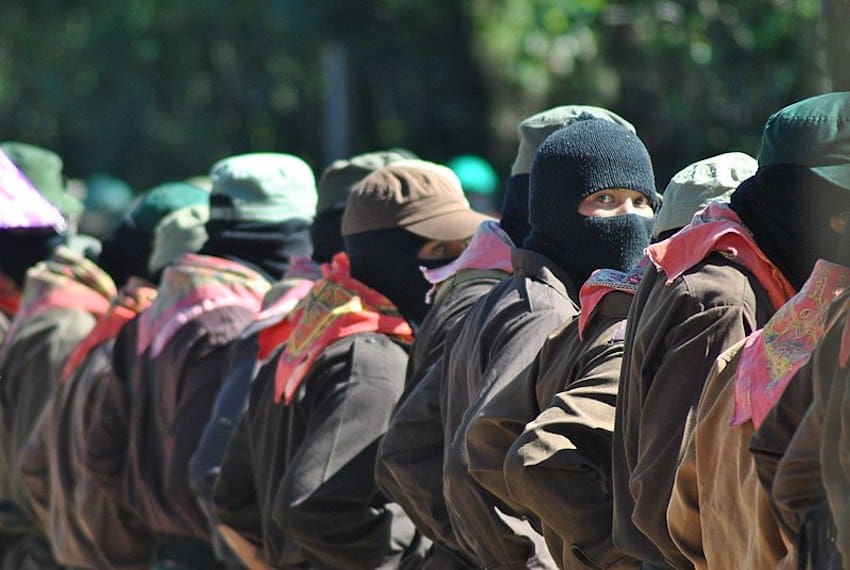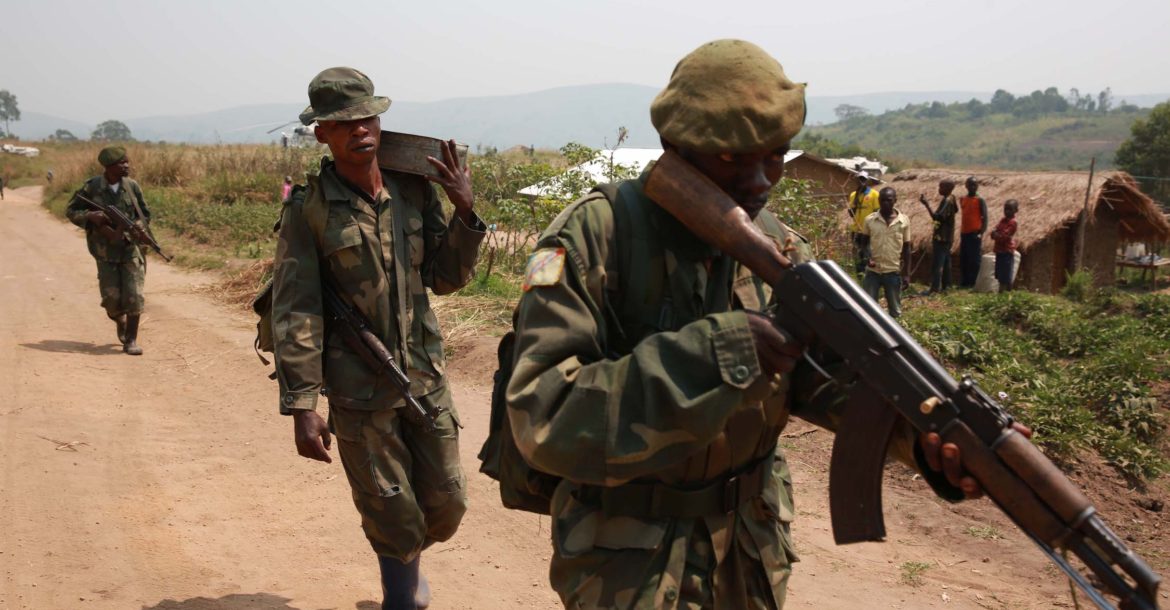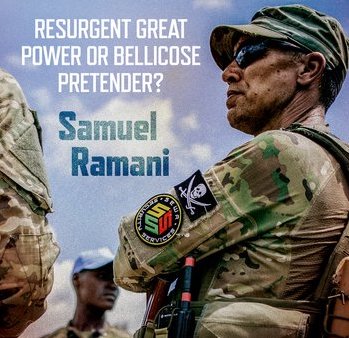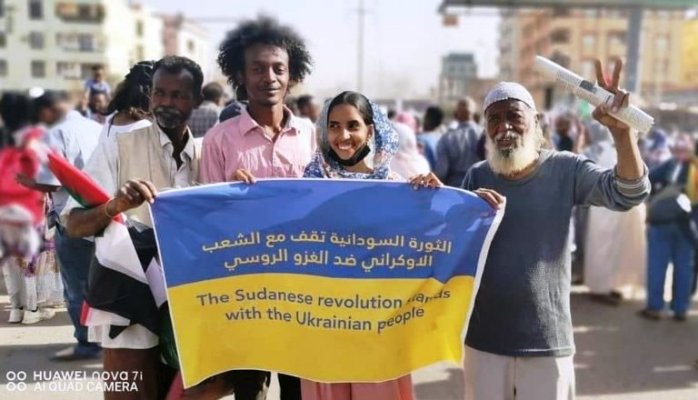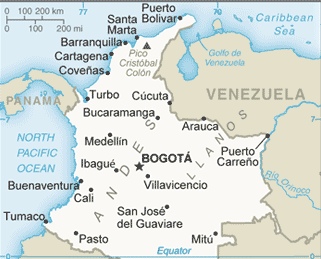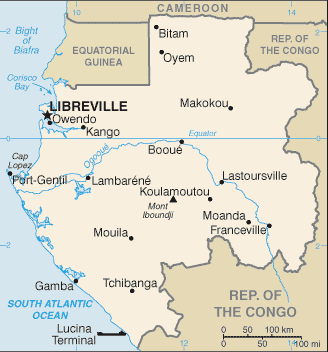
UN call to disband Philippine ‘counter-insurgency force’
The UN Special Rapporteur on the promotion and protection of human rights in the context of climate change, Ian Fry, called for the disbandment of the National Task Force to End Local Communist Armed Conflict (NTF-ELCAC), which he called a “counter-insurgency force” in the Philippines. In a press conference held after his 10-day trip to the Philippines, Fry stated that the NTF-ELCAC has “operated with impunity” and that an independent investigation into the group is necessary. The trip, which was meant to assess how climate change is impacting human rights in the Philippines, began to focus on the NTF-ELCAC as several local rights groups brought attention to its involvement in violence against land defenders and opponents of extractive industries. The group is accused of “red-tagging,” in which those resisting projects are accused of being fighters or supporters of the communist insurgency, effectively making them targets. (Photo: Ryomaandres/Wikimedia Commons)




